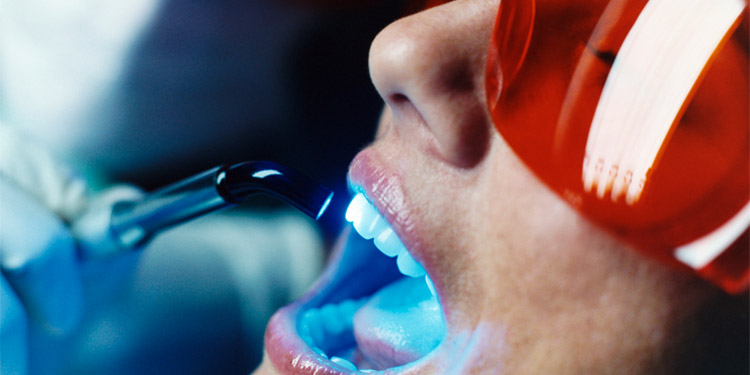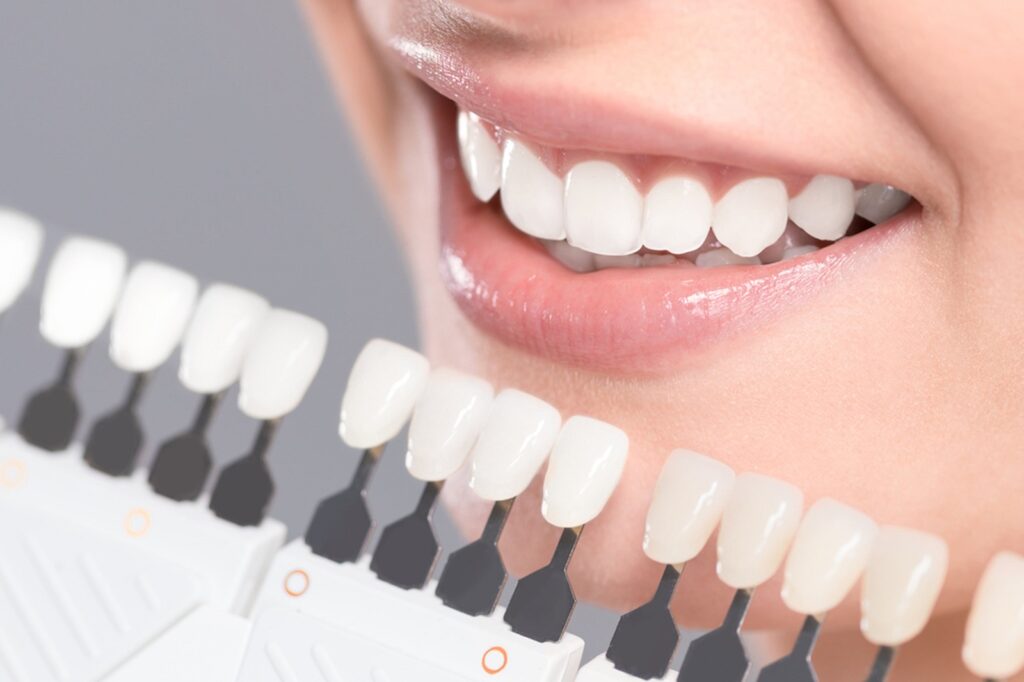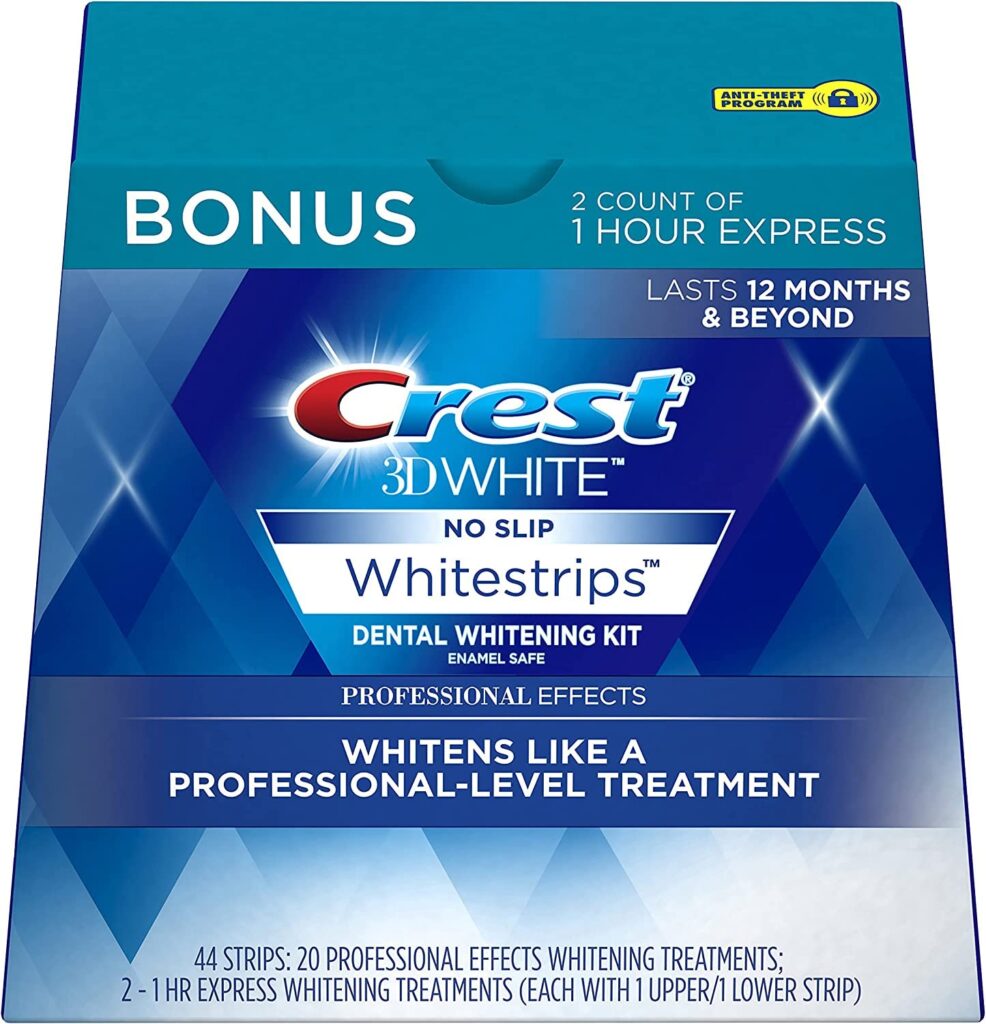Having a sparkling white smile is something that many of us strive for, but it can be frustrating when our teeth won’t whiten. You may have tried numerous over-the-counter teeth whitening products or underwent professional whitening treatment but are disappointed at the lack of results.
Despite your best efforts to whiten your teeth, none of the treatments may have worked for you. In this article, we’ll explore some of the common reasons why teeth may not respond to whitening treatments, and what you can do to get the bright smile that you have long desired.
Common Teeth Whitening Treatments
There are several different treatments available for those looking to achieve a whiter, brighter smile.
Over-the-counter (OTC) products such as whitening toothpaste, gels, strips, and trays remains one of the most popular teeth whitening treatment. Whitening toothpaste contains abrasives while helps to remove plaque that are bonded to the teeth. In contrast, whitening gels and strips contain low concentrations of bleaching agents—hydrogen peroxide or carbamide peroxide—and remove surface stains on the enamel. Most of these products are relatively inexpensive and are readily available at a drugstore or online.
Take-home whitening kits are a popular alternative to the OTC products as they contain a higher concentration of bleaching agents and produce visible results in a shorter timeframe. However, these kits can only be prescribed by a dentist and are typically custom-fitted trays that are filled with a bleaching agent. They are worn for a certain period of time each day, usually for several weeks, to achieve the desired level of whiteness.
People who are willing to shelve out money for faster results may opt for in-clinic whitening treatments. The treatment involves the application of a high concentration of bleaching agent directly to the teeth. A laser is shone on areas of the teeth where bleaching gel is applied. This generates heat and activates the bleaching gel, dramatically enhancing the effectiveness of the whitening treatment. In general, a single laser teeth whitening treatment can improve a teeth’s brightness up to 10 times brighter.

Last but not least, there are natural teeth whitening treatments. For instance, baking soda can be mixed with water to create a whitening toothpaste substitute. The ancient practice of oil pulling with coconut oil have also been seen as an effective method to remove harmful bacteria that stains the teeth. Some also believed that the rubbing of the skins of citrus fruits can help to whiten the teeth. While there are no scientific evidence to back up the teeth whitening claims, the consumption of these citrus fruits will undoubtedly improve one’s health.
As seen, most of these whitening treatment utilize a bleaching agent. The agent work by breaking up the bond of the stain molecules that are attached to the tooth enamel, effectively splitting up the stains into smaller, unpigmented bits. However, the effectiveness of the bleaching agent vary according to the concentration of the solution as well as the current condition of the teeth.
You may be interested in: 5 Proven Ways To Remove Stains Between Teeth
It is always important to consult with a dental professional before undergoing any teeth whitening treatment to ensure that it is safe and suitable for you.
Why Teeth Won’t Whiten
It can be disheartening when you have spent time and effort to try teeth whitening kits or professional whitening treatment and they do not achieve any significant results.
There are a variety of reasons why your teeth may not whiten as desired. Some of the common causes include:
- Genetics: Some people are simply predisposed to having naturally yellow or stained teeth. This can be attributed to a thinner enamel, or a darker dentin. The dentin, which are naturally yellow, is the main culprit why a teeth appears yellow. Combined with a thin enamel, the teeth can appear stained to the naked eye.
- Age: As we age, our teeth can appear to be more yellow and discolored. This is because the color of the dentin becomes darker as part of the natural aging process, as well as the fact that the enamel becomes thinner due to wear and tear.
- Medications: Certain medications, such as antibiotics, antihistamines, or antipsychotic drugs, can cause teeth to become discolored.
- Poor oral hygiene: If you don’t brush and floss regularly, plaque and tartar can build up on your teeth and cause them to become yellow and stained. This is one of the main reasons why your teeth won’t whiten despite multiple whitening treatments.
- Diet and lifestyle: Consuming certain foods and drinks, such as coffee, tea, and red wine, can stain your teeth. Additionally, smoking or using tobacco products can also discolor your teeth.
In conclusion, there are a variety of reasons why teeth may not whiten as desired, despite using over-the-counter or professional whitening treatments. These include genetics, age, medications, poor oral hygiene, lifestyle habits, and exposure to certain chemicals. To determine the best course of treatment for your individual needs, always consult a dental profession who can assist you in your teeth whitening journey.








